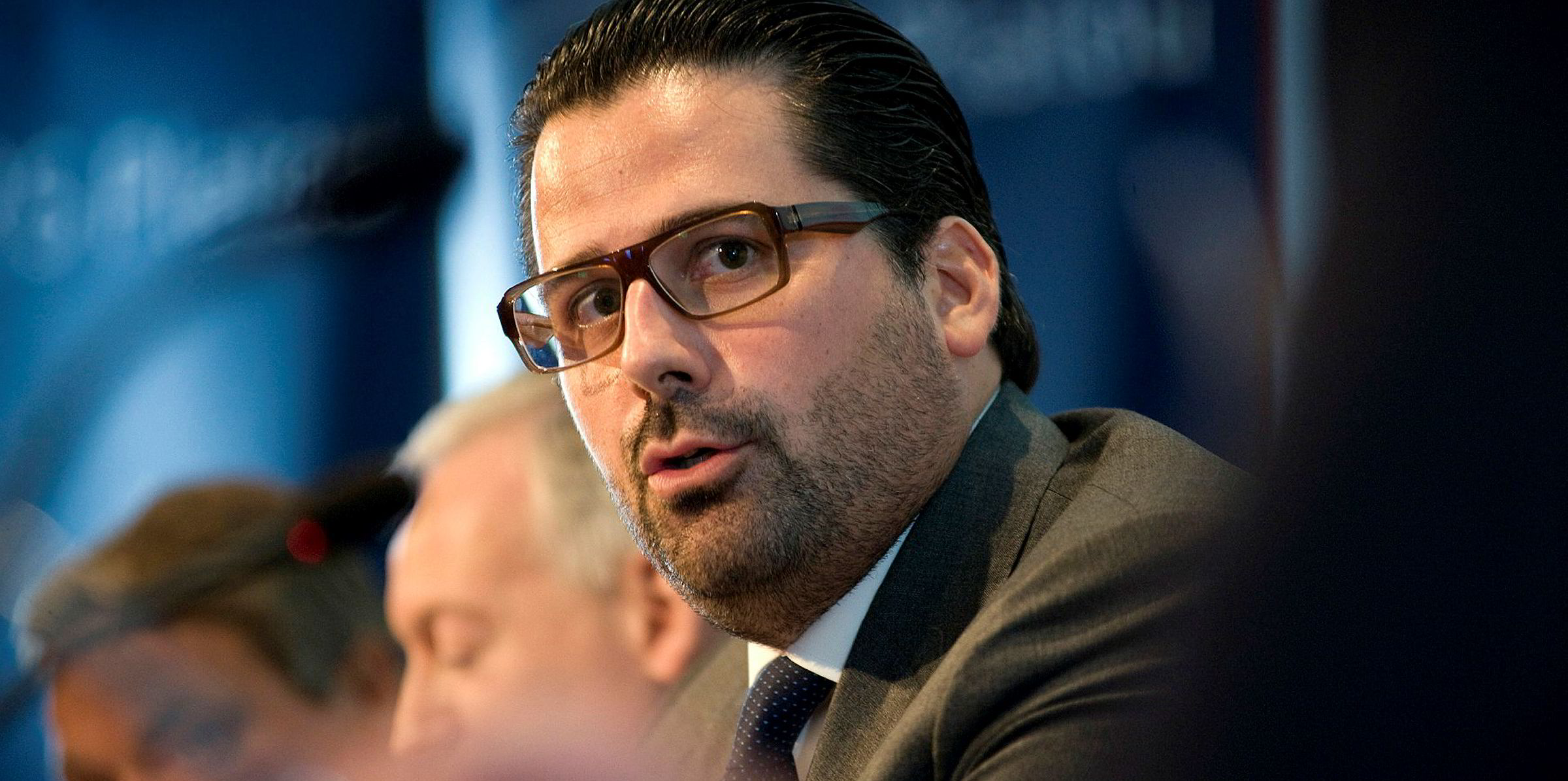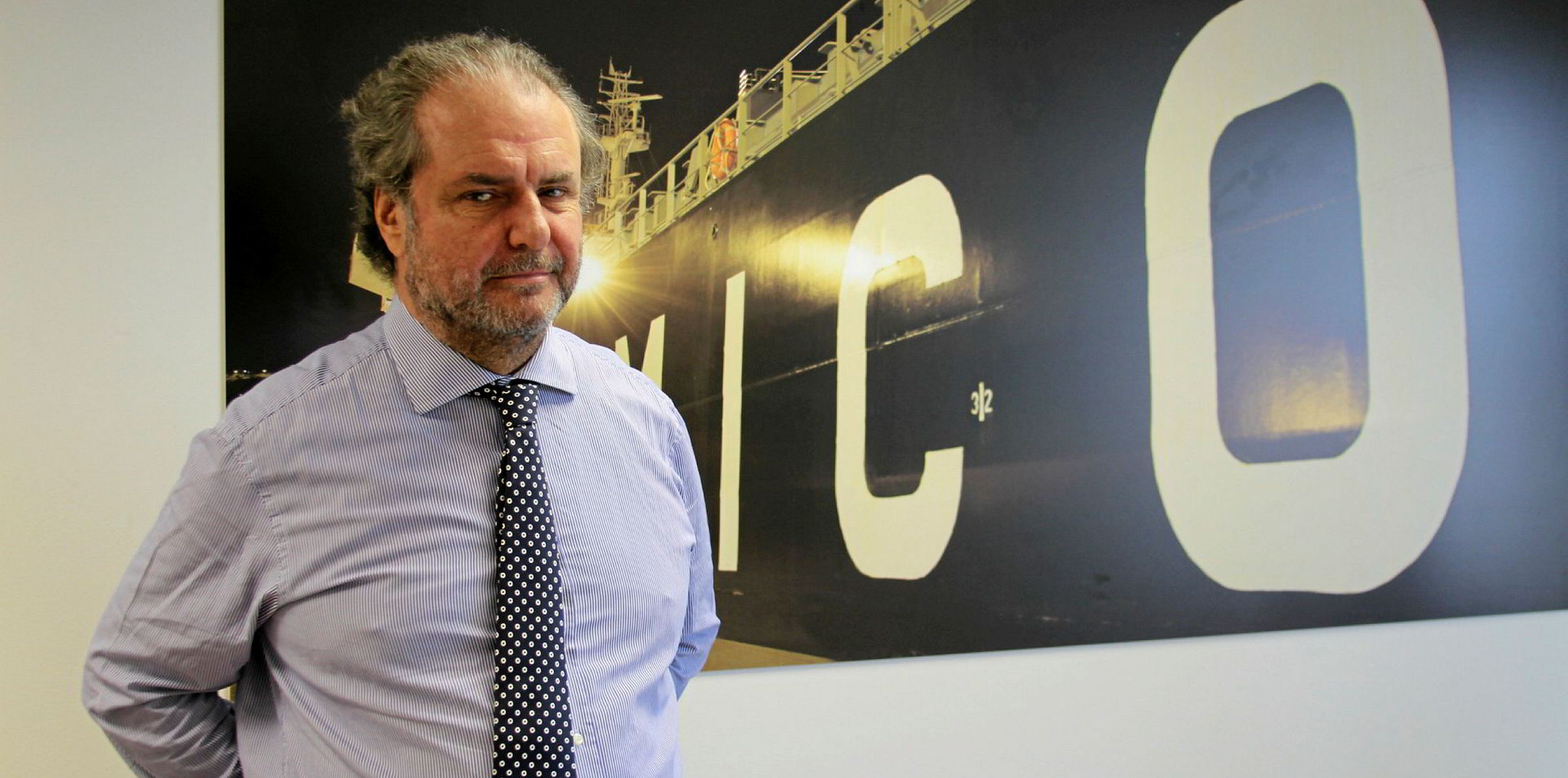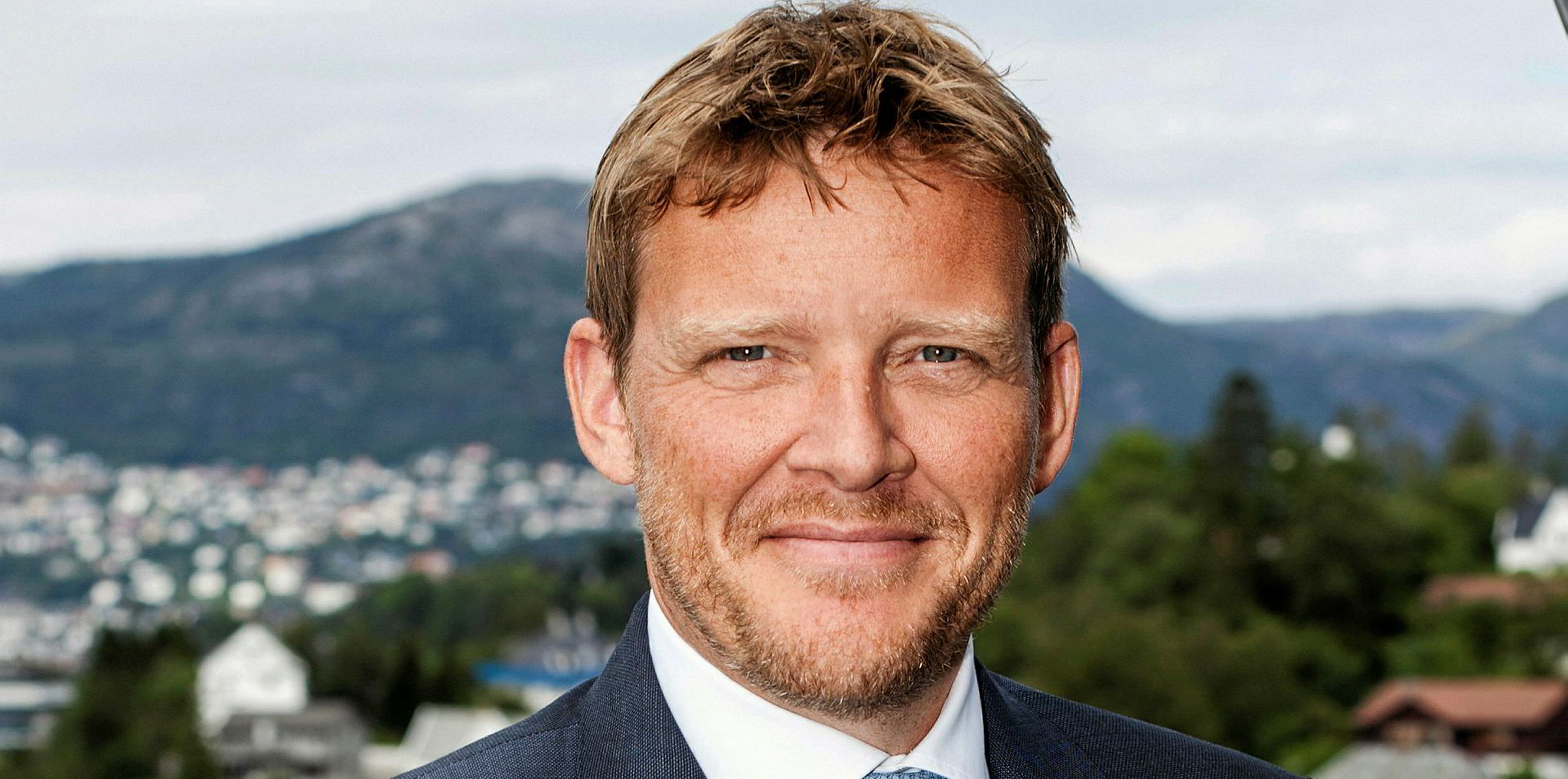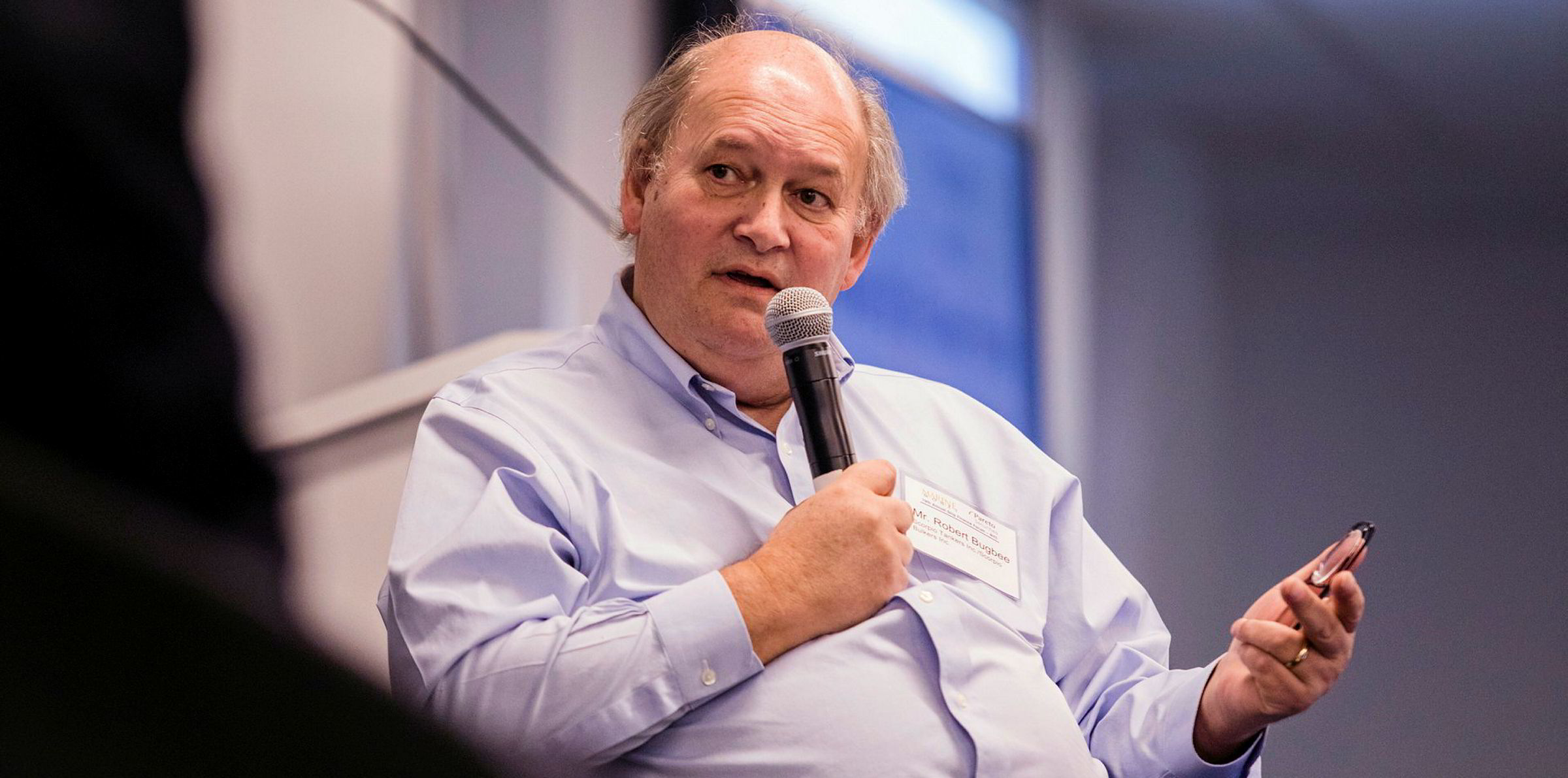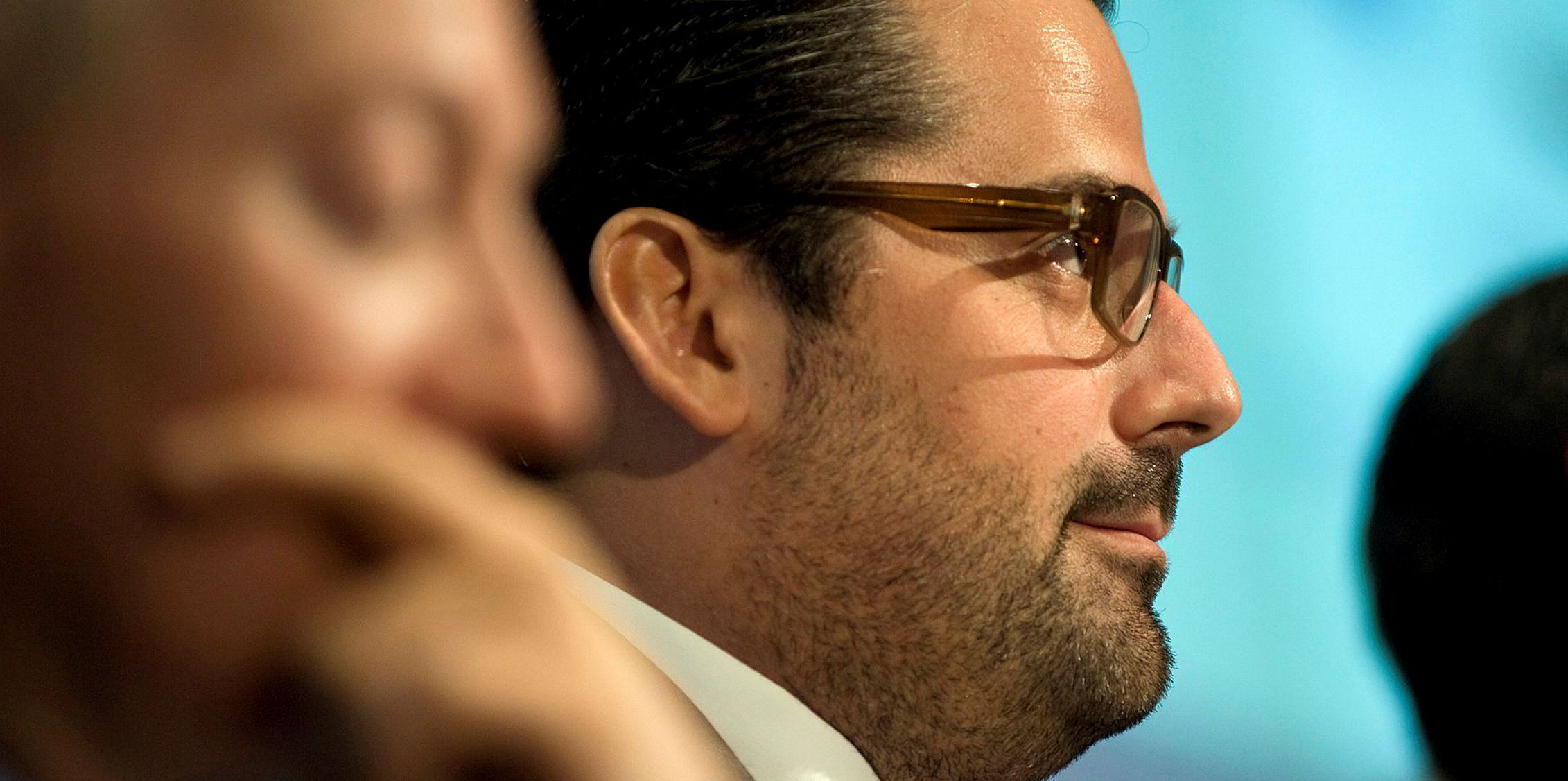For observers who follow publicly listed product tanker owners closely, bullish talk from their executives is nothing new.
Some of them have predicted a market upturn many times in recent years, only for vessel earnings to be lacklustre.
But this time, they are finally vindicated.
Ardmore Shipping and Scorpio Tankers posted their best three-month results in years for the first quarter, while d’Amico International Shipping was also doing well. Their peers are expected to follow suit soon.
These impressive results were mainly related to the market strength in late 2019 and early 2020. With spot rate indices hitting record highs on all routes across the segments since April, the owners said in their earnings calls that the second quarter is on track to be even better.
“It’s very profitable. The cash is generating very fast,” said Scorpio Tankers president Robert Bugbee, whose company owns the world’s largest product tanker fleet.
Along with many others, the owners believe port congestion and floating storage demand were the biggest market drivers, as oil companies struggle to deal with brimming tanks due to the coronavirus-triggered collapse in demand.
According to analytics firm Vortexa, nearly 90m barrels of diesel, gasoline and jet fuel were stored at sea as of 5 May, due either to contango play or logistics constraints. They were carried by 170 MRs and 60 LRs, among other vessel types.
An oil demand “rebound is expected some time in the third quarter of 2020 if the virus cooperates, but it’s unlikely to occur before shore tanks are functionally full”, Ardmore Shipping chief executive Anthony Gurnee said.

“Already, about 10% of the world’s large tanker fleet is engaged in floating storage or carrying elevated levels of oil on the water, and we expect this to continue rising.”
Scorpio Tankers commercial director Lars Dencker Nielsen said more than 250 product tankers were believed to be used to store oil as of 6 May — and, of them, 200 were contracted for more than 30 days. He added that all larger units tended to be fixed for at least four months.
“We are enjoying [a] historically strong market underpinned by very low-cost fuel prices for our vessels,” Nielsen said.
Looking beyond this quarter, some owners hold divergent views on the medium-term market outlook.
While describing floating storage as “extremely beneficial” to vessel earnings, d’Amico International Shipping chairman Paolo d’Amico said: “It [the oil product] cannot stay on a ship forever.”
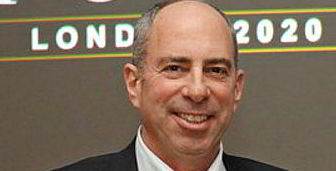
Having forecast that vessel demand may start to fall from as early as the third quarter, time charter-oriented d’Amico International is seeking front cover for some of its ships.
Ardmore, which focuses on spot trade, sounded a more bullish tone.
“When an economic recovery does occur, oil demand would rise with it, with oil products available but in the wrong locations and a significant portion of the world tanker fleet still tied up in storage,” Gurnee said, adding that such a development would reboost tanker earnings later.
“We expect the product tanker market to remain volatile, with spikes and lulls, but at overall elevated rates for the near term, possibly into next winter.
“This is not the only potential scenario out there, but at the moment, our view is that this one has the most logic.”
However, all the owners agree on a bullish long-term outlook for their sector, with a small orderbook and continued refinery expansion.
Data from Clarksons Research shows the orderbook for product tankers accounts for 7.35% of the existing fleet, which is close to a record low.
“We have never seen an orderbook so low with rates so high,” Scorpio Tankers chief executive Emanuele Lauro said.
d’Amico International has estimated global refinery capacity will expand by 6.1m barrels per day (bpd) between 2020 and 2024, including 1.7m bpd in China and the same amount in the Middle East. More long-haul shipments could be prompted if some European refineries fail to restart after recent closures, according to d’Amico.
He said: “Europe is the loser here in the refinery game ... Longer-term, we maintain a very positive outlook for the product tanker industry, whose underlying fundamentals continue to be strong.”
